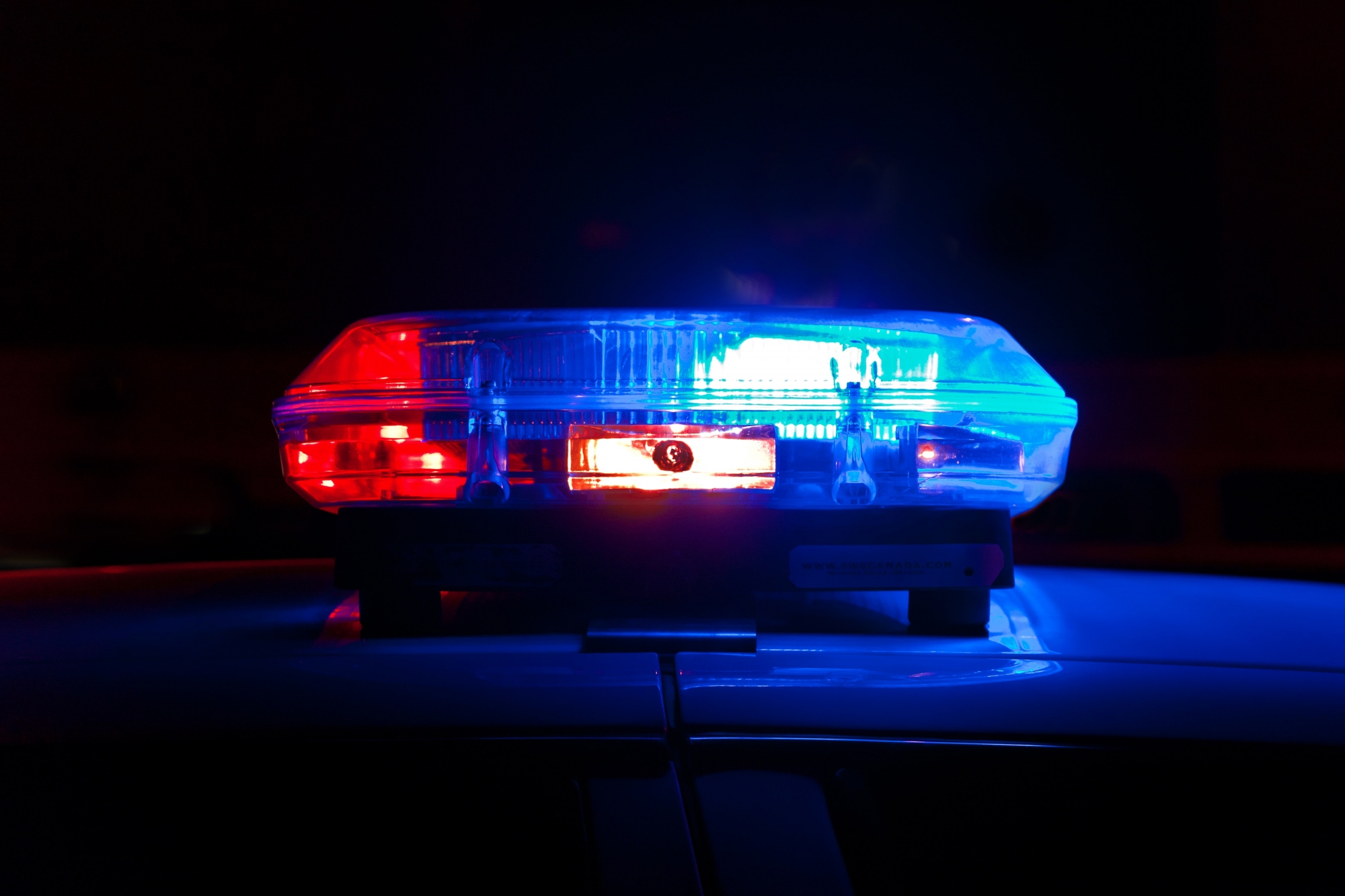You are here
Home 🌿 Marijuana Politics 🌿 3 years after legalization, police say cannabis crime persists in Ontario 🌿3 years after legalization, police say cannabis crime persists in Ontario

Illegal trade linked 'several' homicides, Waterloo regional police Chief Bryan Larkin says
There may be dozens of cannabis stores authorized in Waterloo region, but police say that doesn't mean the illegal cannabis market has gone away.
In fact, Waterloo regional police Chief Bryan Larkin recently told the police services board that cannabis legalization has had "unintended consequences" — such that the service now has a whole team dedicated to investigating illegal, online cannabis sales.
"Several of our homicides in our region are directly related to the illegal sale of marijuana," Larkin said when presenting the 2022 draft police budget.
CBC Kitchener-Waterloo requested an interview with the police service about the illegal cannabis market, and how it's linked to violence, but no one was made available and directed questions to the Ontario Provincial Police.
OPP Det. Insp. Jim Walker said he isn't surprised to learn the illegal cannabis trade persists in the region — or that it's been linked to violence — because, he says, the fact is that illegal pot is still making money.

Det. Insp. Jim Walker says criminals are buying up swaths of farmland and turning it into illegal cannabis production sites. (c 2017 / Ontario Provincial Police)
"Not only is it lucrative … It's seen as lower risk because cannabis is legal now," said Walker, who is in charge of the provincial joint forces cannabis enforcement team, which includes the Waterloo Regional Police Service.
"Like any other illegal commodity that is a significant revenue generator, there's an associated violence that comes along with that."
The type of violence can range from street dealers being robbed for their supply up to conflicts involving theft from large-scale illegal cannabis production sites and growers who've armed themselves.
"You'll see it at any level, like any other drug trade," Walker said.
Farms turned into illegal production sites
These days, Walker's team is focused on cracking down on those large-scale production sites. Criminals are buying up large swaths of farmland — sometimes with greenhouses already in place — and using them to grow thousands of plants at a time, he said.

As of January this year, provincial police said its joint forces cannabis enforcement team had seized 180,000 cannabis plants, $3.2 million Canadian currency and over $1.8 million in proceeds from crime such as property, vehicles and firearms in two years of activity. (Ontario Provincial Police)
Walker said some people are exploiting the Health Canada authorization system to make their operations seem legitimate. In some cases, he said, they're vastly overgrowing beyond what they're permitted to do or are stacking multiple licenses on top of each other.
"They have this appearance of being quasi-legal to them, but they flagrantly overgrow [and] they're commonly tied to other criminal elements," Walker said.
Beyond its ties to organized crime, Walker said cannabis grown at these sites is often high in pesticides and grown by migrant workers who are being taken advantage of by the people running the operation.
Walker believes Health Canada needs to overhaul its registration system so that criminals can't take advantage of it.
CBC K-W reached out to Health Canada for comment on Walker's statements but has not yet heard back.
834 stores in 160 Ontario communities
Still, more than half of people in the province get their pot through illegal means.
The April to June 2021 quarterly review report by the Ontario Cannabis Store (OCS) showed legal retailers made up 47 per cent of the recreational cannabis market in Ontario — up from 44 per cent in the last quarter of 2020.
"The efforts by Ontario's cannabis sector to continue to demonstrate progress despite challenges presented by the global pandemic presents a compelling case for significant optimism going forward," the report said.
It noted at the end of the first quarter of this year, there were 834 retail stores operating in 160 communities across the province.
"Built on the most choice and the greatest number of stores in the country, it is clear to see the province is beginning to live up to its potential as Canada's largest and most dynamic cannabis marketplace," the report said.
Walker said people who use pot should buy their cannabis from a legal retailer.
420 Intel is Your Source for Marijuana News
420 Intel Canada is your leading news source for the Canadian cannabis industry. Get the latest updates on Canadian cannabis stocks and developments on how Canada continues to be a major player in the worldwide recreational and medical cannabis industry.
420 Intel Canada is the Canadian Industry news outlet that will keep you updated on how these Canadian developments in recreational and medical marijuana will impact the country and the world. Our commitment is to bring you the most important cannabis news stories from across Canada every day of the week.
Marijuana industry news is a constant endeavor with new developments each day. For marijuana news across the True North, 420 Intel Canada promises to bring you quality, Canadian, cannabis industry news.
You can get 420 Intel news delivered directly to your inbox by signing up for our daily marijuana news, ensuring you’re always kept up to date on the ever-changing cannabis industry. To stay even better informed about marijuana legalization news follow us on Twitter, Facebook and LinkedIn.




